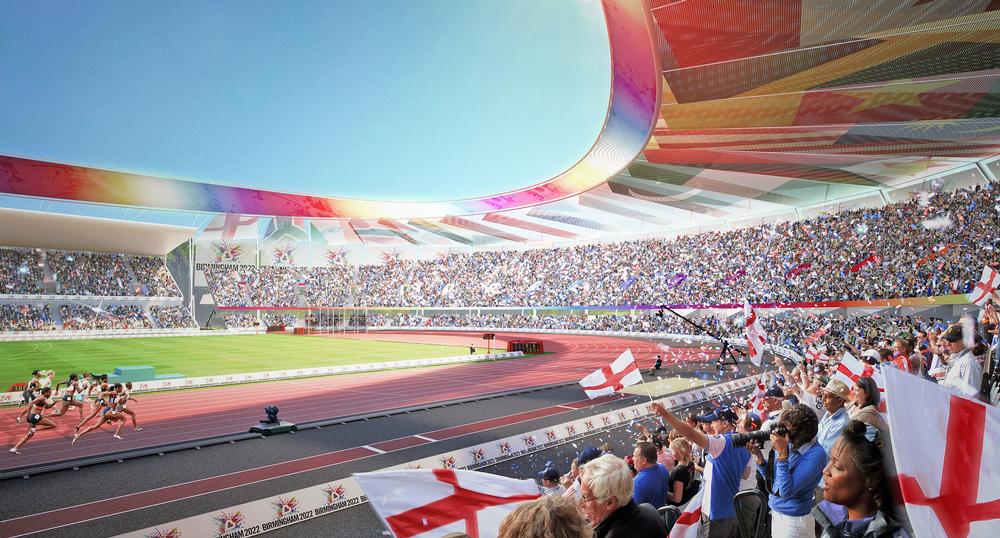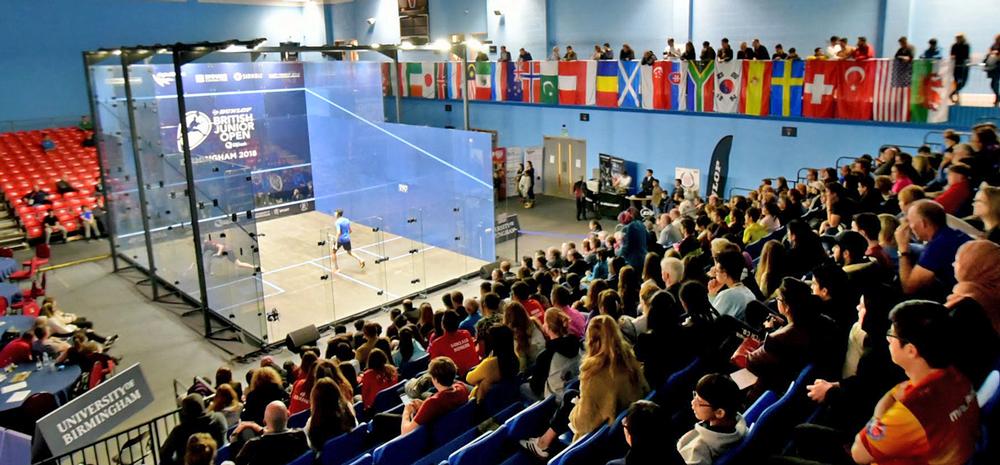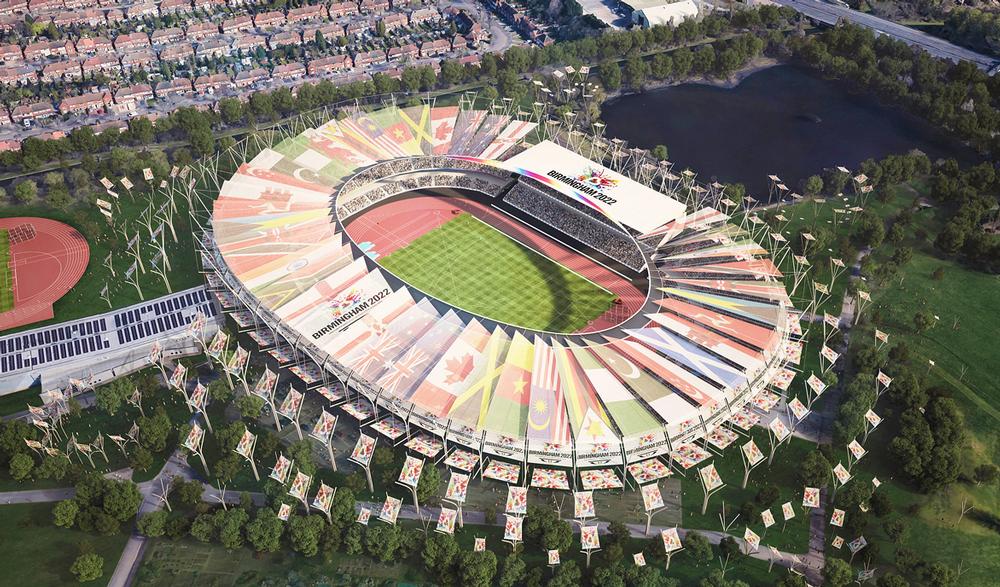Commonwealth Games: How Birmingham won the Commonwealth Games bid
Years of austerity couldn’t stop Birmingham’s victorious Commonwealth Games bid. Matthew Campelli talks to those involved about how this dream became reality

It’s party time in Birmingham the day I sit down with Zena Wooldridge, the University of Birmingham director of sport, European Squash Federation president and member of the steering group tasked with bringing the Commonwealth Games to the UK’s second city.
“We’re having a bit of a celebration,” says Wooldridge, modestly referring to the shindig to be held that night at the Barclaycard Arena, a venue which will also hold events at the Games in 2022. Four days before Christmas 2017, the Commonwealth Games Federation announced that Birmingham had won its bid. Because of the time of year, a proper celebration wasn’t on the cards. Two months later, that’s about to be put right.
It’s difficult not to be impressed with the city’s victory against the odds. With Durban (the original hosts of the 2022 Games) pulling out five years before the event, Birmingham – and other potential hosts – had a very limited time to put a comprehensive bid together.
Birmingham also had to contend with Liverpool trying to get the advantage by declaring a bid early in the process. And, hardest of all, the bid was submitted against a backdrop of austerity cuts that the city council and wider combined authority has been dealing with for years.
Gaining strength from adversity
Wooldridge claims that facing adversity ultimately had a positive effect on the city’s ambitious bid.
“Austerity actually meant that the city council had to work in partnership to a greater extent,” she explains.
“The Commonwealth Games bid then brought the opportunity to transform the city further. It all came together, as we pulled partners in and started making the Games something that was more than just a dream. We found we could make it a reality, despite the austerity.”
It’s estimated that the local council has had its budget cut by £650m since 2010, a huge amount, which has affected a number of public services – and which almost put the bid in doubt.
“The problem was finding the funding,” explains Anita Bhalla, chair of Birmingham’s Creative City Partnership. “It was a challenge right to last minute. Everyone knows in Birmingham that the council has financial challenges, but the bid was brought together by partnerships.”
Bhalla explains: “The financial demands of hosting a Commonwealth Games are quite difficult, for any city. The Commonwealth Games Federation may need to tweak its demands because cities like ours that aren’t rich in terms of finances will never be able to bid.
“We have riches in terms of our infrastructure, our people and our ability to show that we’ve successfully held events like these in the past.”
A winning proposition
Infrastructure was one of the most attractive aspects of Birmingham’s bid, with around 95 per cent of the venues earmarked for the Games already built. The NEC, the Barclaycard Arena, the Genting Arena and Symphony Hall will host the indoor events, while the Alexander Stadium is being redeveloped to host the outdoor athletics events.
The only capital that’s being spent on construction is going towards a new aquatics centre that’s being built in the Sandwell region of the city, and an ambitious Athlete Village and social housing complex being developed in the deprived Perry Barr district. Around 1,000 new homes will be built in a effort to regenerate the area.
“Capital investment that’s being spent fits strategically with the longer term requirements for the wider region, anyway,” says Wooldridge. “The pool, the athletics stadium, the village. And we have new facilities at the University of Birmingham that can host the hockey and squash.”
Aside from the existing infrastructure, both Wooldridge and Bhalla agree that the culture of the region, plus a concerted push from a few key individuals, were key to getting the bid over the line.
“Ian Ward (leader of Birmingham City Council and chair of the bid team) made his passion for sport clear,” says Wooldridge. “He was in a really good position to lead it and bring partners on board. He could see the value in engaging partners, rather than thinking the city could do it on its own, which has happened in the past.
“The election of Andy Street as mayor of the Combined Authority also helped. He included the bid for the Games in his election manifesto, which meant the whole debate progressed at a Combined Authority level rather than just in Birmingham.”
More than sport
Bhalla adds: “I wanted to make sure that alongside the sports there would be a cultural offering. I think the Commonwealth Games Federation got quite excited that we wanted to engage people in different ways by also showcasing our amazing culture.”
According to financial projections, the Commonwealth Games could deliver more than £1bn in economic impact to the UK, with much of that going to Birmingham and the West Midlands area. But Bhalla is keen to stress that hosting the Games is worth more than that.
“The net benefit of hosting the Games is not just economical. We also want to measure the social and health impact of the Games,” she says.
Before then, a large amount of work needs occur to get the city ready, but Wooldridge is ready for the challenge.
“The bid process was really fascinating in terms of turning a vision and a dream into a reality,” she says. “Now we’ve got four years to deliver, so we have to get our act together very quickly.”






Recreation Assistant
Duty Manager (Dry)
Swim Teacher
Swim Teacher
Chief Executive Officer, Mount Batten Centre
Swim Teacher
Swimming Teacher
Swimming Teacher
Company profile

Featured Supplier

Property & Tenders
Company: Knight Frank
Company: Belvoir Castle
Company: AVISON YOUNG
Company: London Borough of Bexley
Company: Forestry England












